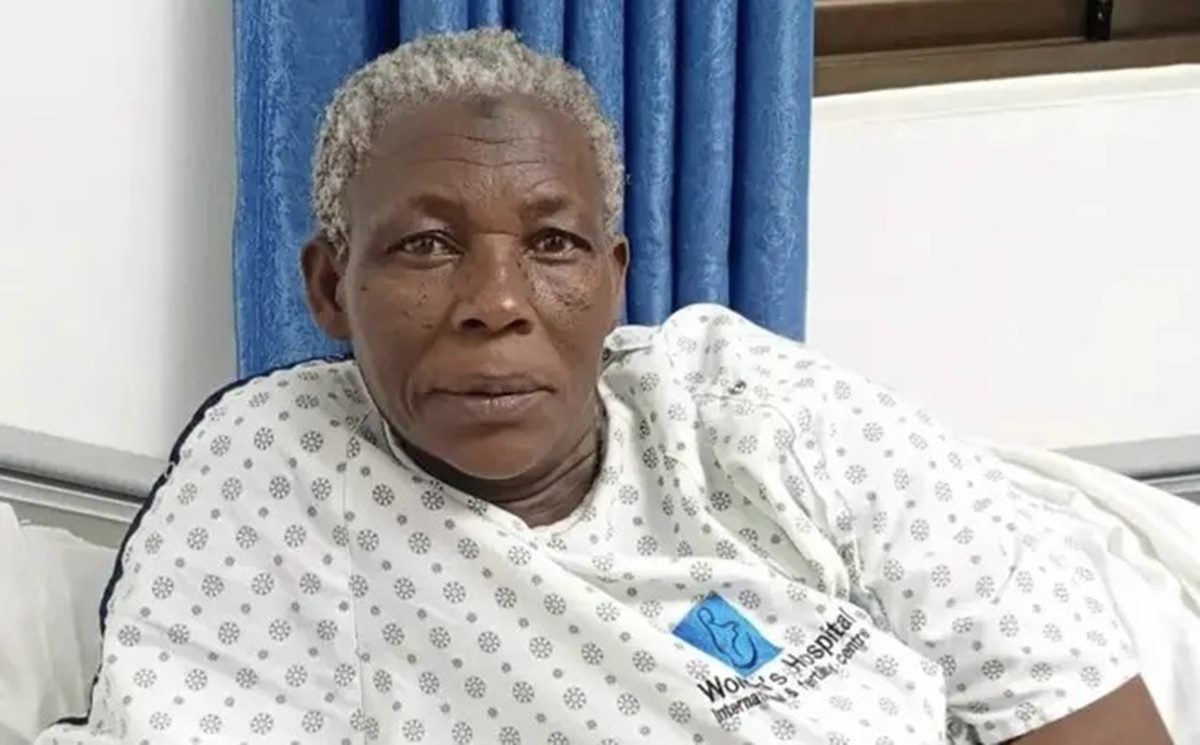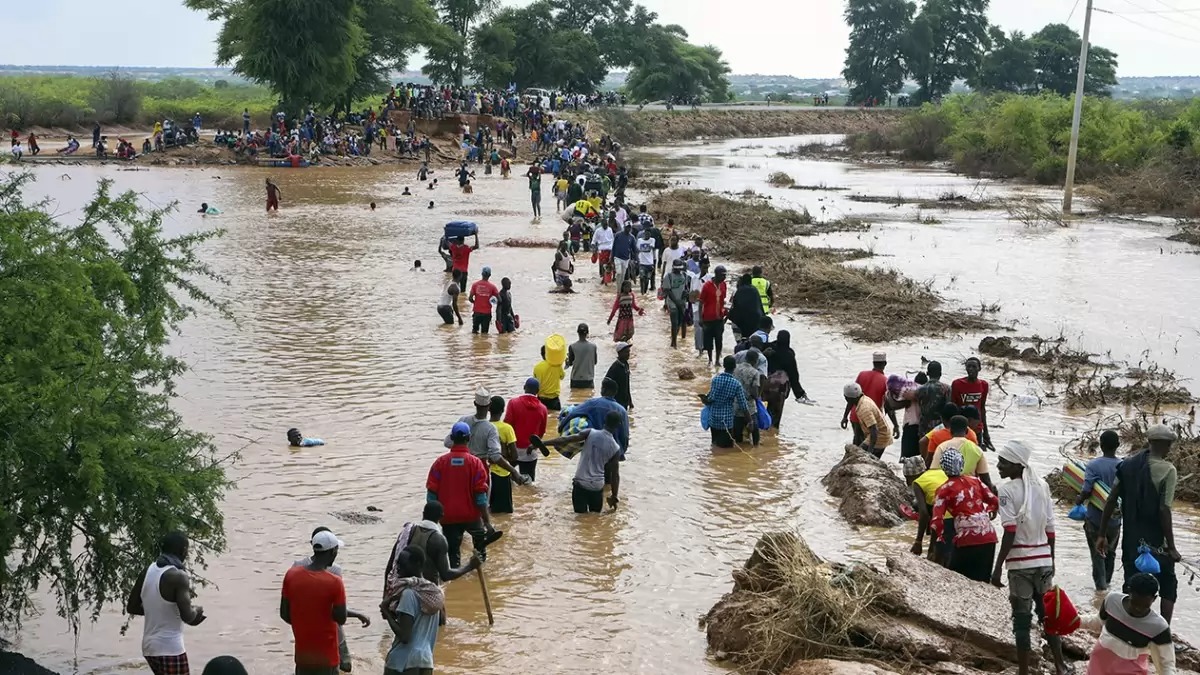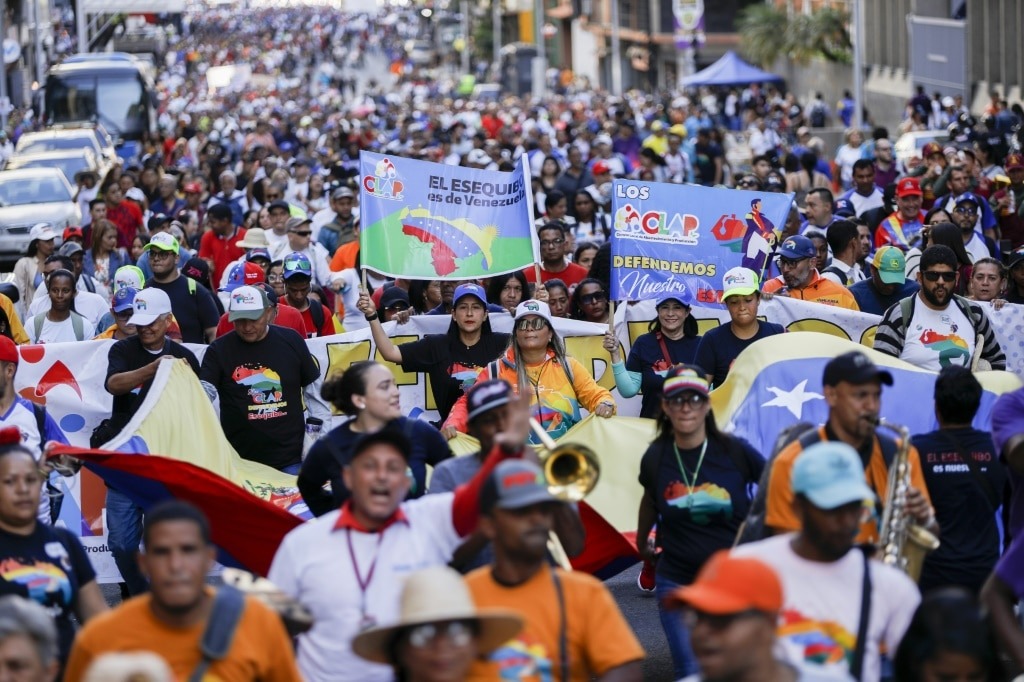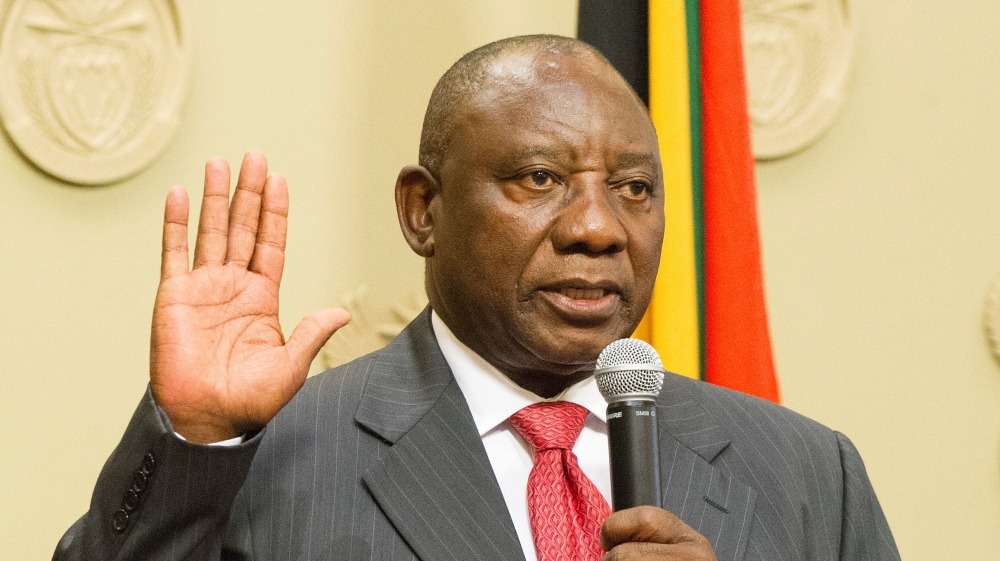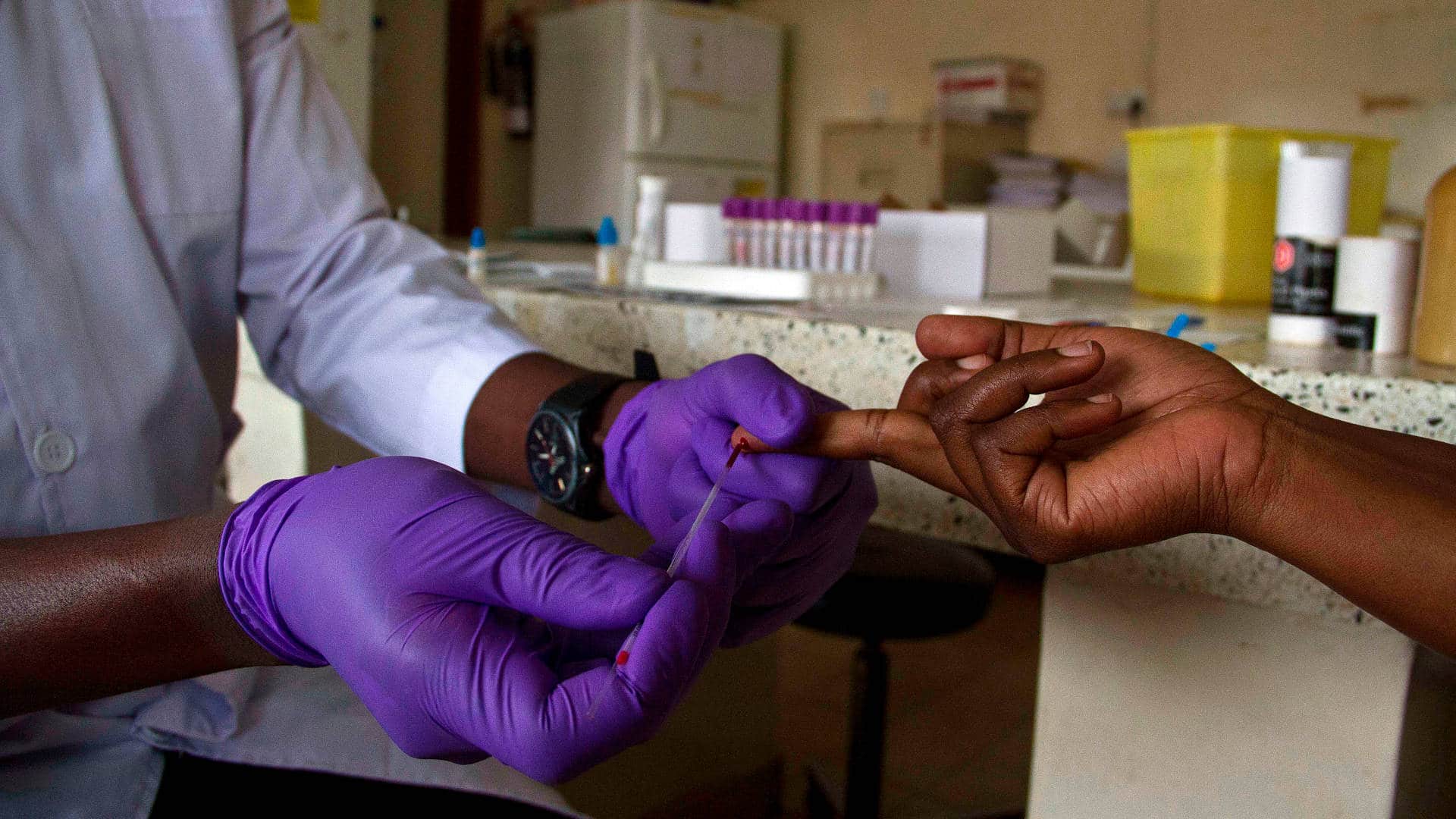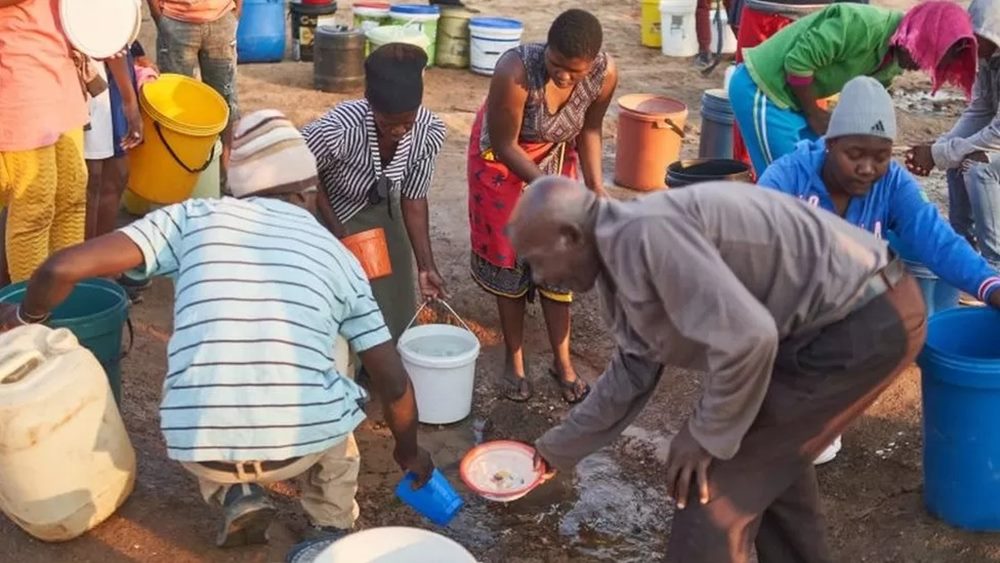In a nonbinding referendum held on Sunday, Venezuelan electoral authorities reported that 95 percent of voters approved of the nation’s territorial claim on a significant portion of neighbouring Guyana, a region known for its vast oil reserves. The consultation saw the participation of approximately 10.5 million out of Venezuela’s 20.7 million eligible voters, raising concerns in Guyana and the surrounding region about Venezuela’s intentions regarding the disputed territory.
Elvis Amoroso, the president of the National Electoral Council, hailed the outcome as an “evident and overwhelming victory for the ‘Yes’ in this consultative referendum.” The Venezuelan government aimed to strengthen its century-old claim to the oil-rich Essequibo territory governed by Guyana through this referendum.
To accommodate voters already present at polling stations, electoral officials extended the voting period by two hours, closing at 8:00 pm (0000 GMT). Defence Minister Vladimir Padrino addressed the nation on state television, describing the day as a celebration of national sovereignty and emphasising the people’s resounding support.
Meanwhile, in Guyana, thousands of citizens formed human chains in solidarity with their government, expressing their commitment to the country’s borders. The president of Guyana, Irfaan Ali, reassured the population that the nation’s borders were secure and urged them not to fear.
It is important to note that the referendum is nonbinding, and the people of Essequibo did not participate in the vote. Thus, the immediate impact of the referendum’s outcome is expected to be minimal. The Maduro government has repeatedly stated that it does not seek to invade or annex the disputed territory, as feared by some in Guyana.
Tensions between the two nations have been escalating since Guyana received bids for offshore oil exploration blocks in September, and a significant oil discovery was announced in October. Guyana’s petroleum reserves have been compared to those of Kuwait, boasting the highest reserves per capita globally.
In an attempt to sway public opinion, the Maduro government released a video on Sunday suggesting that some Guyanese citizens would prefer to be under Venezuelan rule. The footage allegedly showed a group of Indigenous Pemon adults in Guyana lowering their nation’s flag and raising the Venezuelan flag while singing the Venezuelan national anthem.
Venezuela has laid claim to the vast Essequibo territory for decades, comprising over two-thirds of Guyana’s landmass, despite its relatively small population of 125,000 compared to Guyana’s total population. Caracas argues that the Essequibo River, located to the east of the region, represents the natural border between the two countries, as established under Spanish rule in 1777, and accuses Britain of unjustly appropriating Venezuelan lands in the 19th century.
On the other hand, Guyana asserts that the border was defined during the British colonial era and subsequently confirmed by a court of arbitration in 1899. The country maintains that the International Court of Justice (ICJ), the United Nations’ highest judicial body, has validated this finding.
Guyana had sought to prevent the referendum through an appeal to the ICJ. Although the court urged Caracas not to take any actions that might affect the disputed territory, it did not specifically mention the referendum itself.
The referendum encompassed five questions, including proposals for the creation of a Venezuelan province named “Guyana Essequibo” and the granting of Venezuelan citizenship to the region’s inhabitants. It also included a call to reject the jurisdiction of the ICJ.
Brazilian President Luiz Inacio Lula da Silva, attending the COP28 environment conference in Dubai, expressed his belief that the referendum would likely yield the result desired by President Maduro. However, he expressed hope that reason would prevail.
Despite the significance attributed to the referendum by Venezuela, some locals in Guyana downplayed its importance. Dilip Singh, a businessman residing in the disputed region, remarked, “The referendum is probably important for them, for Venezuela – not for us. I grew up in Essequibo… Now it is independent, and it will always be so.”
Source: France24




